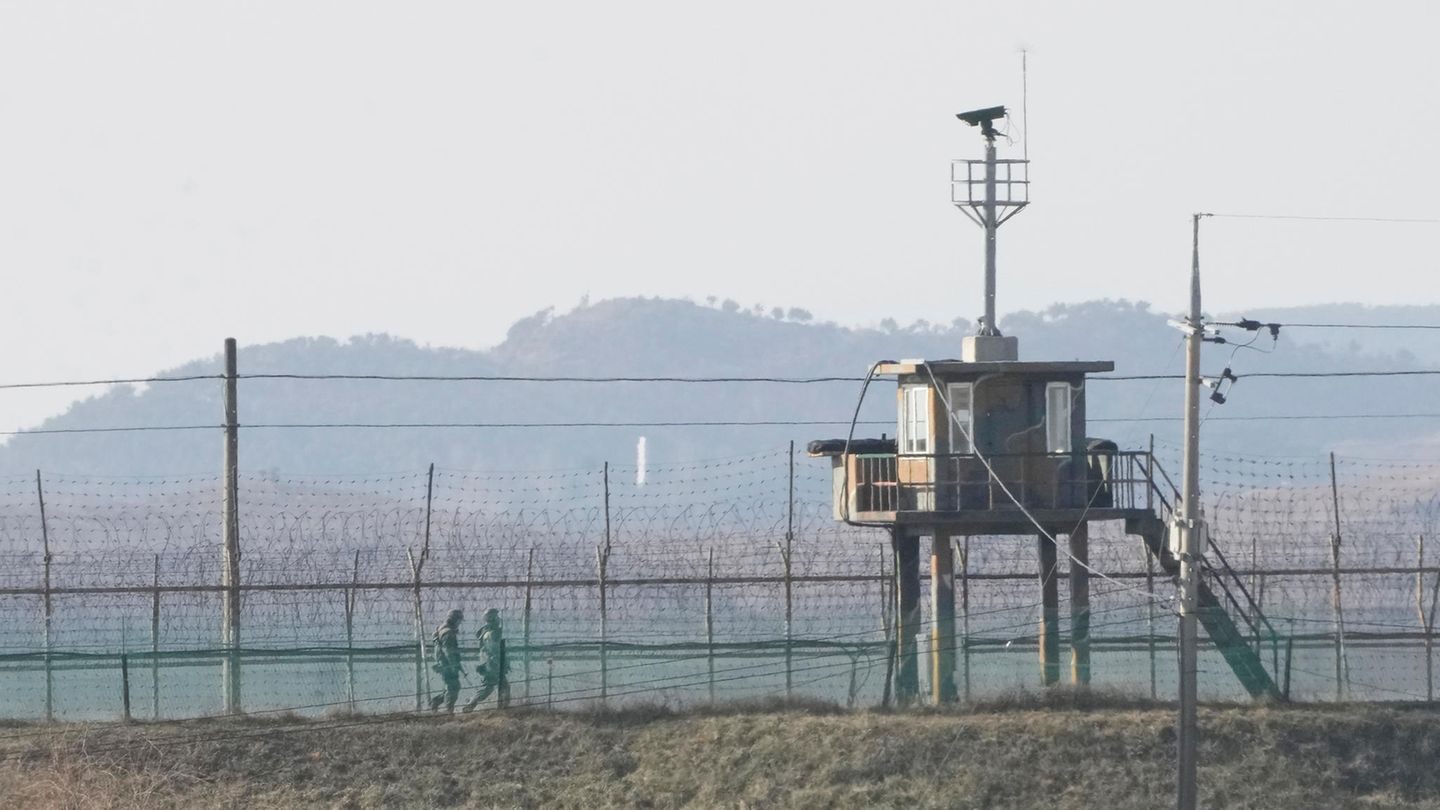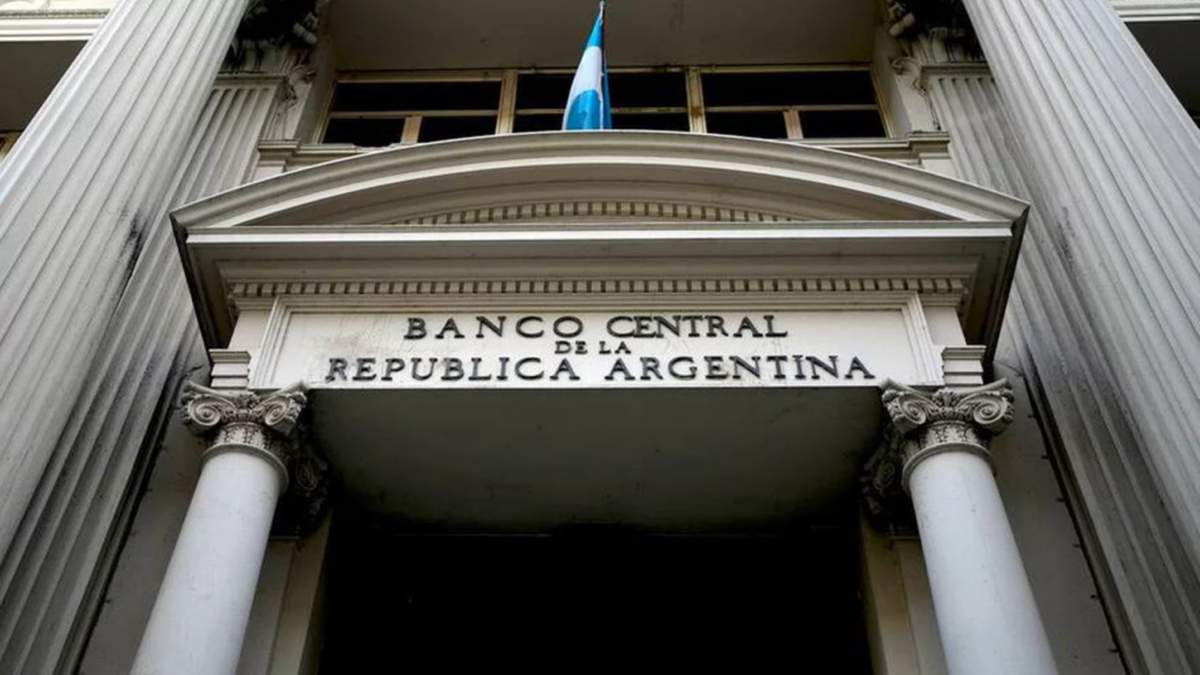Again and again, North Koreans flee from hunger and oppression to the south. But some make their way back. They are overwhelmed by life in freedom or miss home.
In most cases, anyone who crosses the border from North Korea to its hated neighbor South Korea is fully aware of what he or she is doing. After all, those who leave the country are considered “defectors” and “traitors” in the North. If caught, they face death or imprisonment in a labor camp. Nevertheless, time and again people take the risk to flee oppression and famine in the country of the dictator Kim-Jong Un.
But even life in the democratic, liberal South does not always offer what it promised. As a result, some defectors regret their decision – and decide to return home. Concrete triggers for this are often problems on the labor market, with integration or generally with the culture in South Korea.
North Koreans flee through the demilitarized zone back home
Their share of the total number of refugees from North Korea is extremely small, but they exist: In the past few years, 30 of more than 10,000 defectors have voluntarily returned, reports the US news channel CNN. And this despite the fact that it is unclear what penalties they may face in their home country. In early January, the South Korean military announced that a native of North Korea had fled back north through the demilitarized zone separating the warring countries. The South Korean border guard had failed to stop him. His fate is unclear. Last year, a North Korean even swam back to his homeland three years after fleeing.
Some of the so-called “boomerang defectors” ended up in North Korea in a roundabout way and more or less involuntarily, while others are absolutely unable to acclimatize in South Korea. “Coming from North Korea to South Korea is like stepping out of a time machine 50 years in the future,” Sokeel Park of the charity Liberty in North Korea told CNN. Life works differently in the capitalist south than in the communist north: fierce competition is the order of the day, customs are rougher, and it is sometimes difficult for North Koreans to find work. Some are simply overwhelmed by the new, unfamiliar possibilities.
Some defectors from North Korea feel marginalized in the south
25-year-old Kang Na-ra is one of those people who imagined South Korea to be paradise, but was disappointed by reality. As a teenager, she followed her mother and fled south. The reality there, however, had little to do with the K-Drama films that Kang secretly watched at home: she made no friends and was ostracized by the South Korean youth. For a long time she wanted to go back to North Korea, but did not have the courage to do so. Kang Na-ra is now a well-known Youtuber who reports on life in the North on her channel. “Sometimes I still wonder if I made the right decision,” she told CNN. “Life here is hard.”
Other defectors have to realize that their previous CV is worth little in South Korea – like Chan-yang Ju’s aunt. She was a doctor in North Korea, but her qualifications were not recognized in the south, so she had to wait tables in a restaurant, Ju reported to “Deutsche Welle”. Four years ago, the aunt made her way back: “We don’t know much about her since she returned. It would be dangerous for her if we tried to contact her,” says Ju. “But we have heard that she is being forced to attend events and tell others that life in South Korea is terrible.”

GAU for the South Korean government
The defectors, who became known at the beginning of January, are said to have persuaded them to return because of professional problems. According to media reports, he was only able to find a job as a janitor and could hardly make a living from it. For South Korea, cases like this are a meltdown in the system’s struggle with the north. In South Korea, defectors receive financial support, help with finding a job and medical care – not only for humanitarian reasons, propaganda also plays a role. Neither country can afford to be weak.
The refugees are celebrated and generously received in the media and by the government. But the reality is different for many. With their accent, they are easily identified as North Koreans, they are often shunned by South Koreans and have a hard time getting used to the customs. For some, the solution lies in getting back to business as usual—at whatever cost.
Swell: //
Source: Stern
David William is a talented author who has made a name for himself in the world of writing. He is a professional author who writes on a wide range of topics, from general interest to opinion news. David is currently working as a writer at 24 hours worlds where he brings his unique perspective and in-depth research to his articles, making them both informative and engaging.




